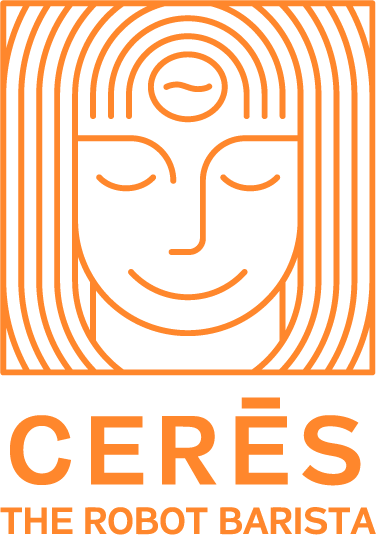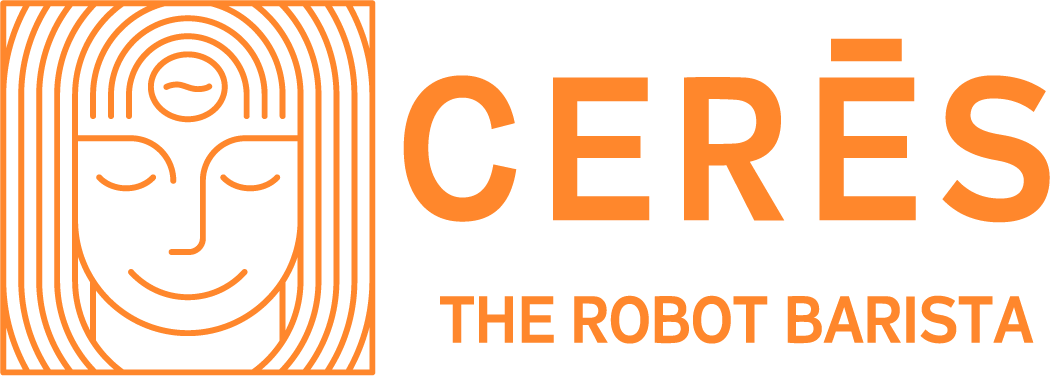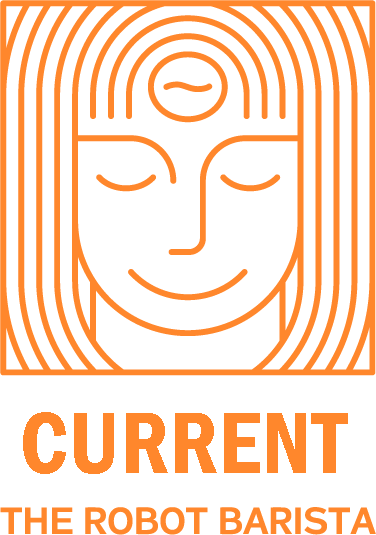How Coffee Robots Are Revolutionizing Your Morning Brew: The Future of Automated Coffee Making
In recent years, the coffee industry has witnessed a remarkable transformation driven by the advent of technology, particularly through the introduction of the "Coffee Robot." As consumers increasingly seek convenience and quality in their daily brews, automated coffee-making machines have emerged as a game-changer. According to a report by the National Coffee Association, approximately 64% of Americans now drink coffee daily, highlighting the growing demand for innovative solutions that enhance the coffee experience without compromising taste or quality.
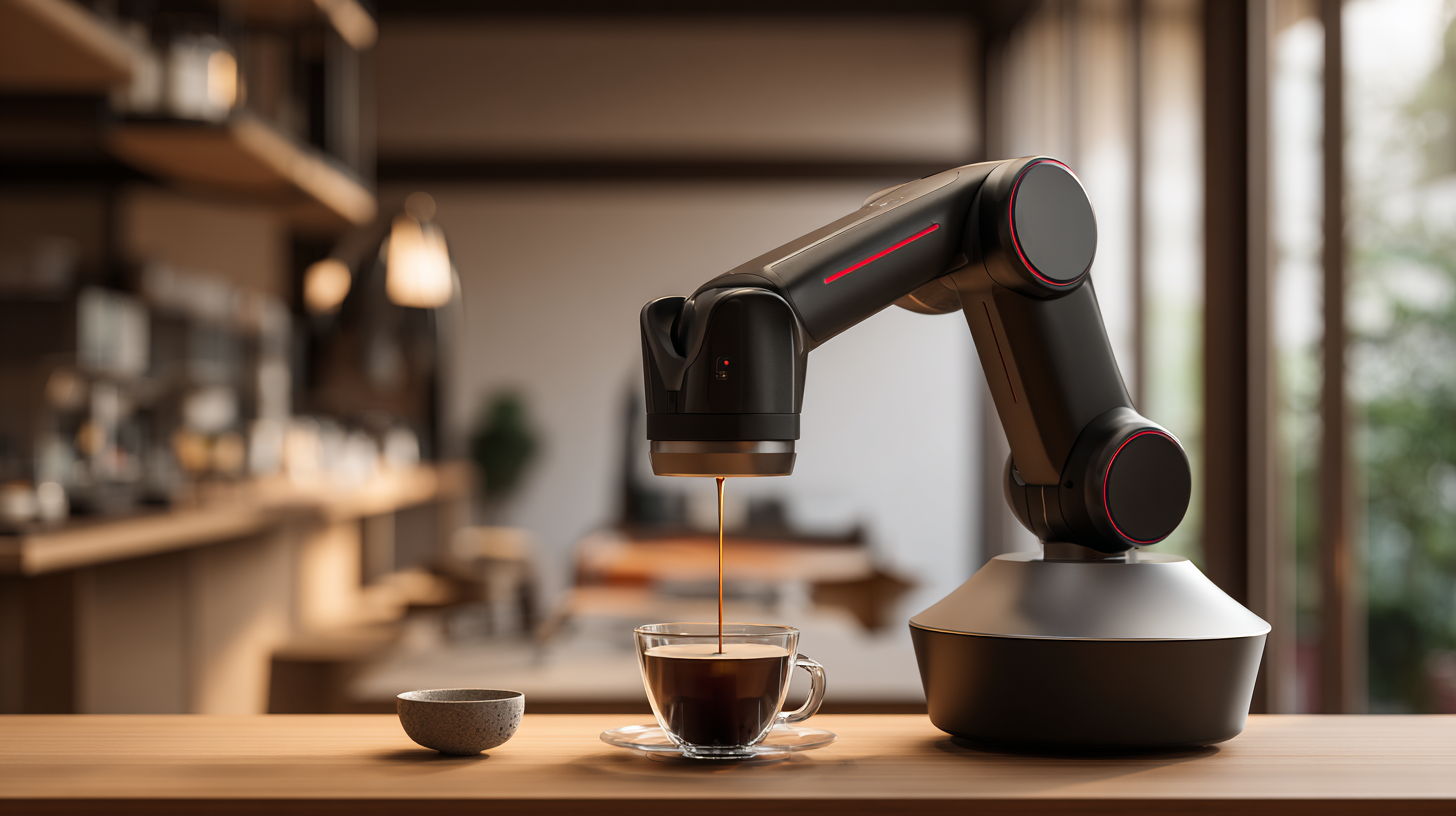
The Coffee Robot is designed to simplify the brewing process while maintaining the artisanal standards coffee enthusiasts expect. With advancements in artificial intelligence and robotics, these machines can precisely measure ingredients, control brewing temperatures, and even customize beverages to individual preferences. A study by Research and Markets predicts the global coffee machine market, including automated devices, will reach $10.42 billion by 2027, underscoring the significant shift toward automated solutions in this traditional sector.
As the morning ritual of brewing coffee continues to evolve, the Coffee Robot stands at the forefront of this revolution, promising to redefine how we enjoy our favorite beverage. Whether it's through enhanced convenience, efficiency, or personalization, the future of coffee preparation is undeniably automated, paving the way for a new era of coffee culture.
The Rise of Automated Coffee Makers: Market Trends and Consumer Demand
The automated coffee maker market is experiencing significant growth, driven by increasing consumer demand for convenience and quality. From 2018 to 2023, China's coffee machine industry expanded rapidly, with market size rising from 1.11 billion yuan to 2.41 billion yuan. This growth mirrors global trends, where the smart vending machine market is projected to increase from $11.47 billion in 2025 to $36.89 billion by 2032, achieving an annual growth rate of 18.2%. The rise in consumer awareness regarding health and quality coffee has compelled appliances to adapt and innovate, fostering a burgeoning environment for coffee machines.
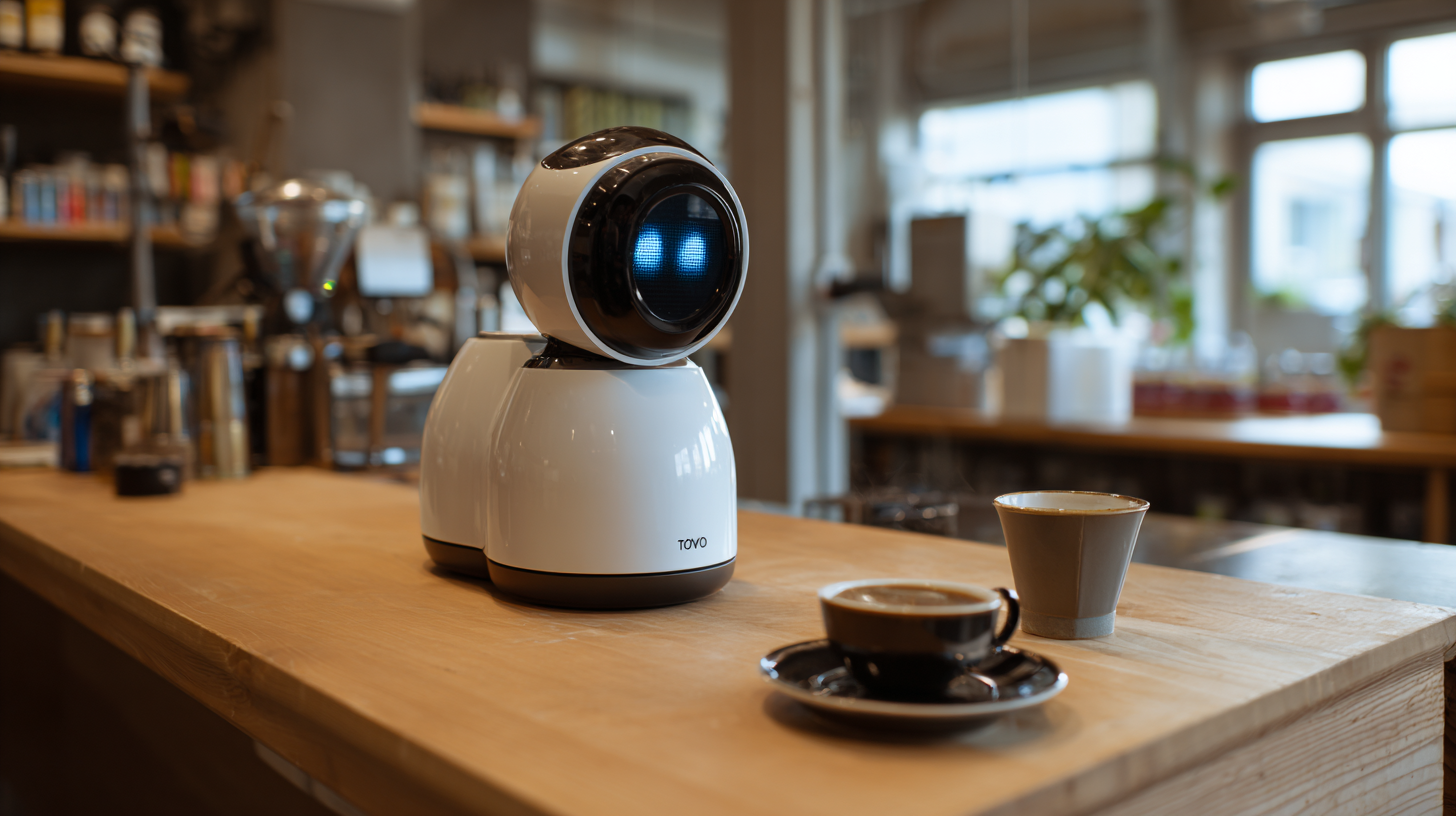
The market segmentation also highlights diverse product categories ranging from drip coffee makers to fully automated systems. The increasing inclination toward specialty coffee and tailored brewing experiences is transforming consumer habits. Manufacturers are responding by enhancing their offerings, ensuring that both home and commercial coffee machines cater to sophisticated palates. As the battle for market share intensifies, companies are not just competing on price but also on the technology and features that define the automation of coffee making, signaling a dynamic shift in consumer preferences towards automated brewing solutions.
Key Technologies Driving Coffee Robot Innovations: AI and IoT Applications
The evolution of coffee robots is being significantly influenced by advanced technologies such as artificial intelligence (AI) and the Internet of Things (IoT). AI facilitates not only precision in brewing techniques but also personalization of the coffee experience, tailoring each cup to individual preferences. With the global coffee machine market projected to reach USD 10.19 billion by 2033, reflecting a CAGR of 5.02%, the demand for these smart coffee solutions is evidently on the rise.
Moreover, the integration of IoT allows coffee robots to collect real-time data. This capability enhances both operational efficiency and customer engagement by enabling users to control their brewing process remotely and receive updates about their coffee status. The ongoing advancements in machine learning are critical in refining these interactions, making the coffee-making process smoother and more intuitive. In a world where convenience and quality are paramount, the innovations brought forth by these technologies are poised to redefine how we experience our morning brew.
How Coffee Robots Are Revolutionizing Your Morning Brew
| Technology | Application | Benefits | Challenges |
|---|---|---|---|
| AI Algorithms | Personalized Brew Recommendations | Enhanced Customer Experience | Data Privacy Concerns |
| IoT Connectivity | Remote Brewing Control | Convenience and Flexibility | Network Reliability Issues |
| Robotic Arm Technology | Automated Coffee Preparation | Consistency in Quality | High Initial Costs |
| Machine Learning | Performance Optimization | Improved Efficiency | Complex Implementation |
The Impact of Robotics on Coffee Brewing Quality: Data-Driven Insights
The coffee industry is experiencing a significant transformation thanks to advancements in robotics and artificial intelligence. Data-driven insights reveal that robotics is enhancing coffee brewing quality through precision and consistency, ensuring that each cup meets high standards. By automating processes, companies can greatly reduce variability, leading to a more uniform flavor profile that caters to consumer preferences. In fact, the global coffee market is projected to grow from USD 256.29 billion in 2025 to approximately USD 381.52 billion by 2034, highlighting the increasing demand for quality coffee experiences.
Tips for integrating robotics into your coffee-making process include investing in smart brewing systems that utilize real-time data to adjust brewing parameters, which can enhance flavor extraction. Additionally, consider implementing AI-driven customer engagement strategies to collect feedback and tailor offerings to your audience's tastes. By prioritizing quality through these technological advancements, coffee businesses can position themselves competitively in a rapidly evolving market.
Cost Savings and Efficiency: How Coffee Robots Optimize Morning Routines
The integration of coffee robots into our morning routines is not only revolutionizing how we brew our favorite beverages but is also driving significant cost savings and efficiency. According to a recent report by the International Federation of Robotics, the implementation of automated systems has increased operational efficiency in various sectors, including hospitality. 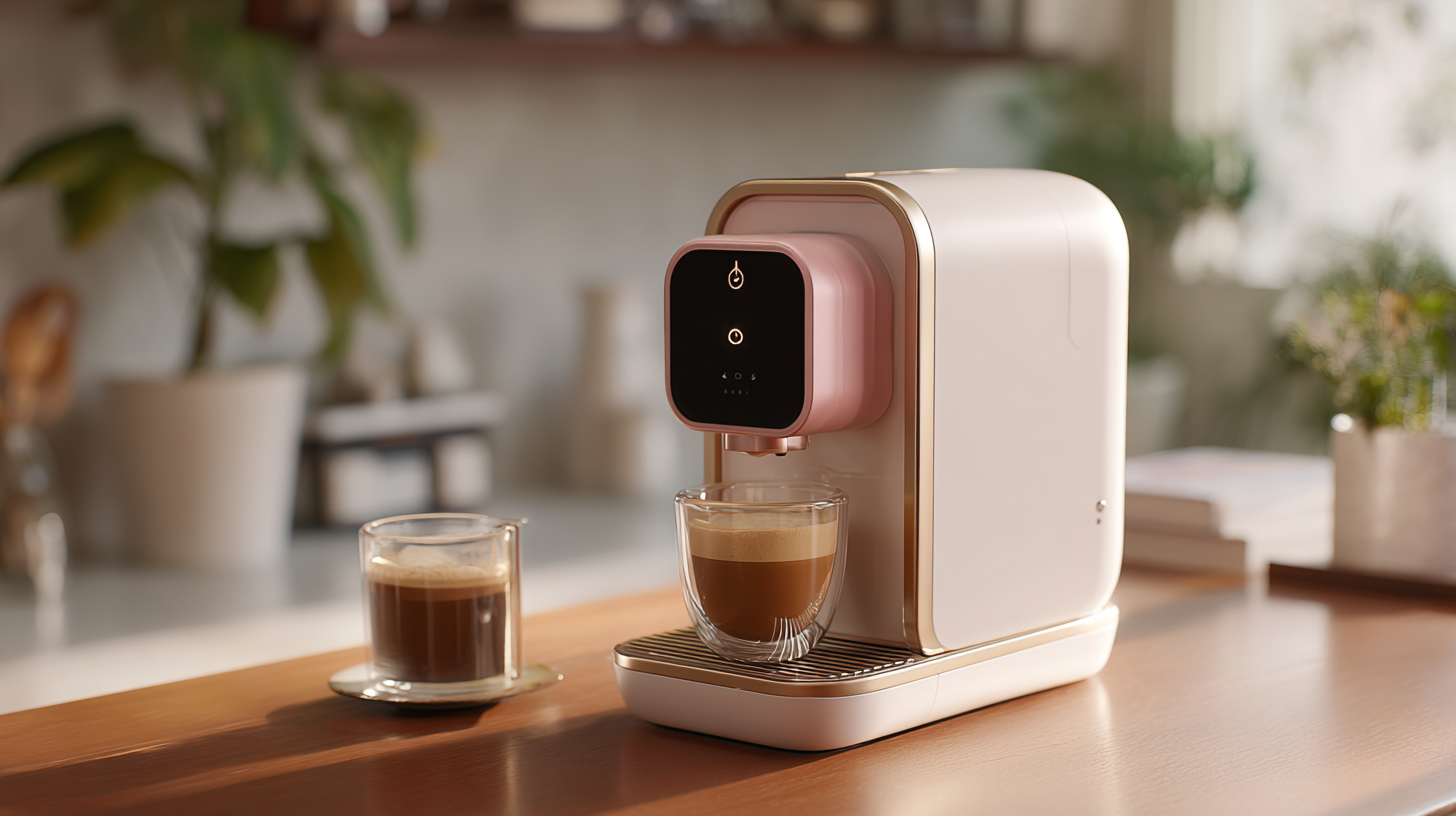 Coffee robots exemplify this trend by streamlining the brewing process, allowing users to enjoy perfectly crafted coffee without the need for manual intervention. This automation reduces labor costs and minimizes waste, as precise measurements and timing ensure the optimal use of coffee beans and ingredients.
Coffee robots exemplify this trend by streamlining the brewing process, allowing users to enjoy perfectly crafted coffee without the need for manual intervention. This automation reduces labor costs and minimizes waste, as precise measurements and timing ensure the optimal use of coffee beans and ingredients.
Moreover, as the market for automated coffee machines expands, manufacturers are leveraging advanced technologies such as AI to enhance user experience. Reports indicate that approximately 60% of consumers are willing to adopt robotic solutions in their daily routines, driven by the pursuit of convenience and personalization. Coffee robots can learn individual preferences and adapt brewing techniques accordingly, offering tailored experiences that save time, enabling users to focus on other critical aspects of their morning routines. As robotics continue to evolve, we can expect even greater efficiencies and innovations that will redefine how we approach our morning brew.
Future Projections: The Growth of Automated Coffee Systems by 2025
The coffee industry is experiencing a significant shift towards automation, with projections indicating a robust growth in automated coffee systems by 2025. According to a recent report by Allied Market Research, the global coffee machine market is expected to reach approximately $15 billion by 2025, growing at a compound annual growth rate (CAGR) of 6.1%. This growth can largely be attributed to advancements in technology and consumer preferences for convenience and quality.
As automated coffee systems become more sophisticated, they are integrating artificial intelligence and smart technology to enhance the brewing process. A study from Technavio highlights that the demand for smart coffee makers is set to increase as younger consumers prioritize automation in their daily routines. By 2025, it is estimated that nearly 30% of coffee machines sold worldwide will be automated, transforming not just home brewing but also commercial operations. This trend not only seeks to streamline the coffee-making experience but also caters to the evolving expectations of consumers looking for consistency and customizable brewing options.
Projected Growth of Automated Coffee Systems by 2025
This chart illustrates the expected increase in adoption of automated coffee systems among consumers and commercial establishments from 2023 to 2025. The data indicates a significant growth trend as technology advances and consumer preferences shift towards convenience and efficiency.
